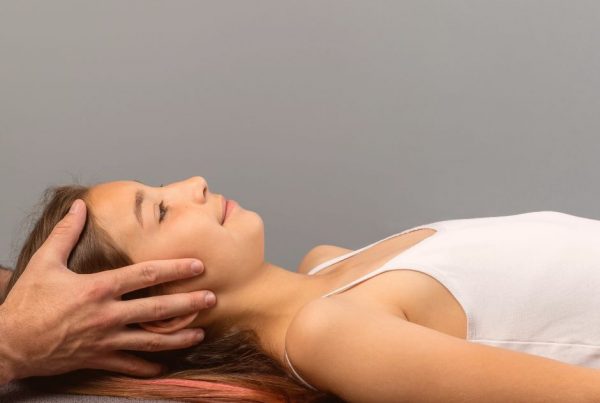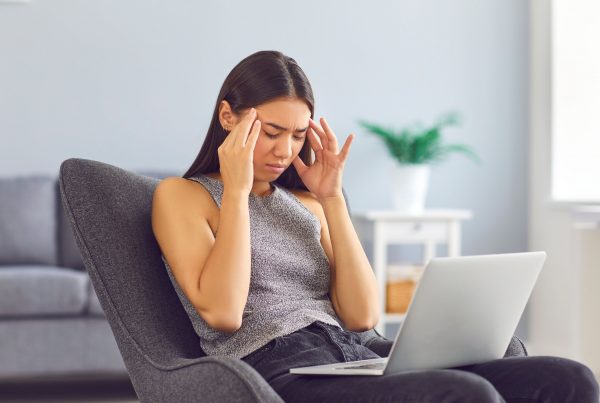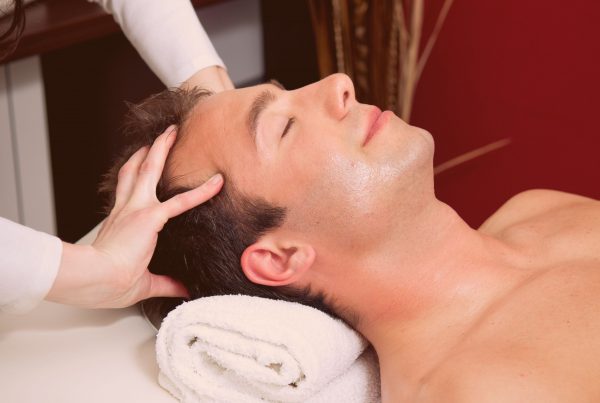What is Migraine?
Migraine and Headaches are so alike it is often confusing to differentiate between the two. If you find yourself wanting to lay down in the dark all day, avoiding loud noises, the slightest sense of smells causes that raging head pain, then you are most likely suffering from a migraine. These migraines can last for hours to days. According to NICE guidelines, it is estimated that there are 190,000 migraine attacks experienced every day in England.
MIGRAINE SYMPTOMPS
A migraine is characteristically a moderate to severe headache felt as throbbing pain to one side of the head.
Some people may also experience an increase sensitivity to light and require a dark and quiet room to ease symptoms.
Other symptoms you might experience are dizziness, double vision, or numbness
MIGRAINE CAUSES
The exact cause of a migraine is unknown, but they are thought to be the result of abnormal brain activity temporarily affecting nerve signals, chemicals and blood vessel in the blood.
If you find yourself wanting to lay down in the dark all day, avoiding loud noises, the slightest sense of smells causes that raging head pain, then you are most likely suffering from a migraine. Common causes are stress, sleep deprivation, dehydration, imbalance between the oestrogen/ progesterone levels. Low blood sugar and jet lag also act as a trigger.
MIGRAINE DIAGNOSES
Diagnosis for Migraines are currently based on your GP identifying patterns with associated symptoms. At the moment there is no test used for diagnosis.
Experts believe the greater use of “headache diaries” along with fast access to specialist advice for family doctors will improve the quality of life.
MIGRAINE TREATMENTS
Some people tend to take too many medication to help ease the pain with no rest period. This includes medication for migraines and over the counter opioids (such as paracetamol or ibuprofen). Consultants advise to choose 2 days per one week to take the recommended dosages and use the rest of the days to recover. Supplements which could help are rubrofibrin, vitamin D3 and co-enzyme.
We can help you!

DIAGNOSE

CONDITIONS

TREATMENTS
Treatments that can help
Here are some treatments that could help with Migraines:
- Massage (Soft Tissue)
Help decompress the nerve impingement due to tight muscles - Osteopathy
Helps restore normal movement due to misalignment and decompress nerve impingement - Sports Therapy
Helps stabilise weak areas and restore normal movement - Acupuncture
Helps to loosen up the tissue decompress the nerve impingement in tight muscles





